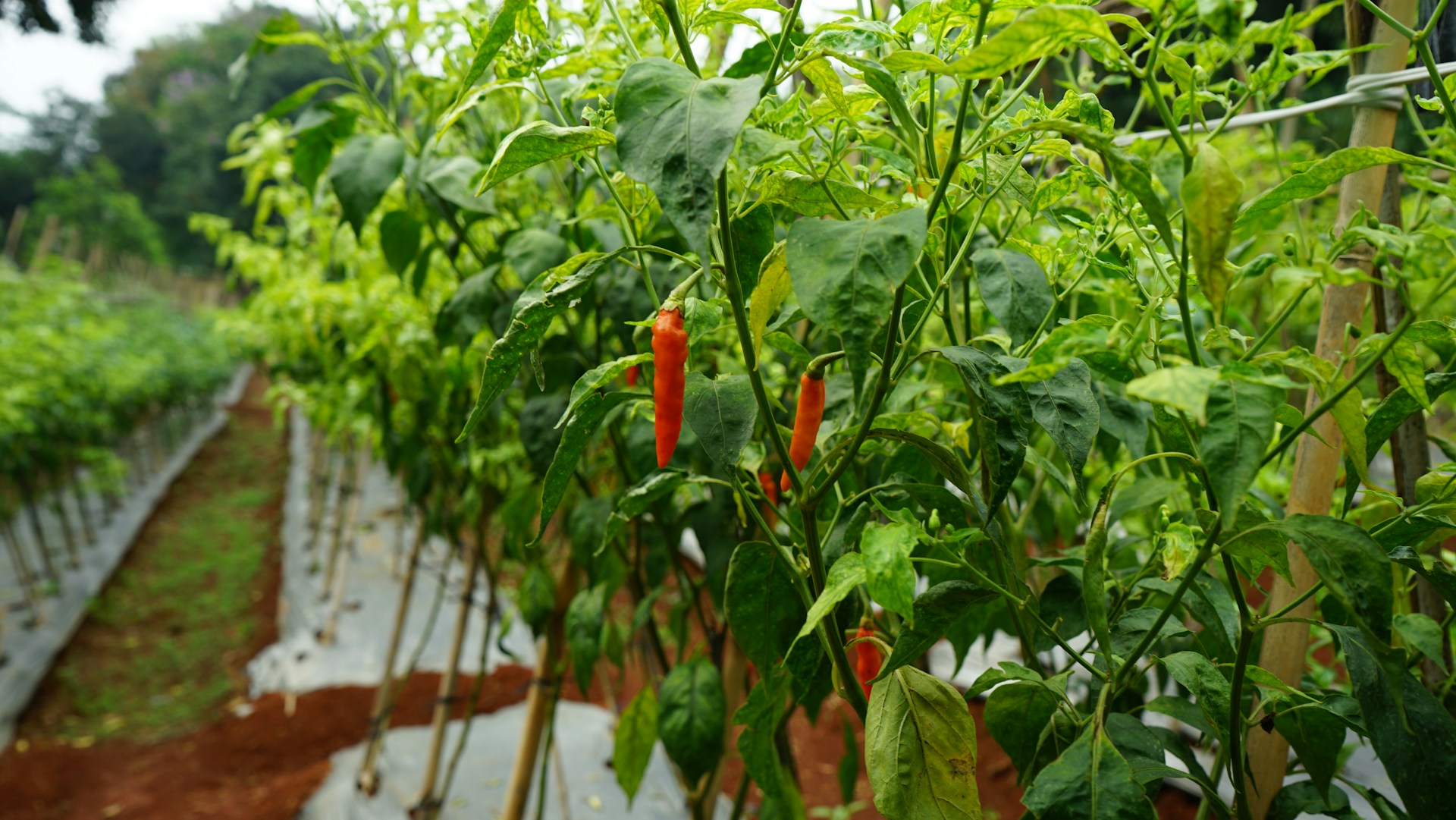AgriTokens, digital tokens that represent agricultural assets, are a growing phenomenon in the agricultural sector, offering unique benefits to both farmers and investors. Built on blockchain technology, AgriTokens have the potential to revolutionize how value is exchanged in agriculture by providing a transparent, efficient, and secure system for trade and investment.
AgriTokens can help farmers access capital in ways that weren’t previously available. Traditional financing options often involve long processes and high interest rates, creating significant barriers for small and medium-sized farmers. By tokenizing assets like crops, livestock, or farmland, farmers can sell portions of their future yield as tokens, raising funds quickly and directly from investors. This direct line to capital allows farmers to invest in better equipment, seeds, and sustainable practices, which boosts their productivity and resilience in an industry often subject to volatility.
Furthermore, AgriTokens create more price stability for farmers. Since token values are often pegged to the commodity they represent, farmers can secure fair prices in advance, hedging against market fluctuations. For example, a wheat AgriToken might be based on the current market price of wheat, allowing farmers to lock in prices when the market is favorable, protecting them from potential price drops during harvest.
AgriTokens offer investors the chance to diversify into agriculture without needing to purchase or manage physical farmland or assets directly. Tokens give investors exposure to agricultural commodities, making it easier to support the farming sector while benefiting from its growth. Additionally, blockchain’s transparent and immutable ledger system gives investors confidence in the authenticity of each transaction, allowing them to trace the origin and progress of their investments.
AgriTokens also enable fractional ownership, so investors don’t need to buy an entire field’s worth of produce; they can invest in small amounts, spreading their investment across various agricultural assets. This flexibility reduces risk while enabling them to support specific types of agriculture they are passionate about, such as organic produce or fair-trade farms.
